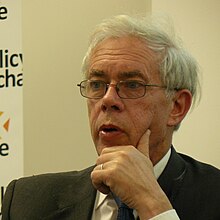The Corporation in the Twenty-first Century: Why (Almost) Everything We Are Told About Business Is Wrong
Description
A radical reappraisal of the nature and activities of business—what it is for and how it works
In the world of Adam Smith and Karl Marx, capitalists built and controlled mills and factories. That relationship between capital and labor continued in the automobile assembly lines and petrochemical plants of the twentieth century.
But no longer: products and production have dematerialized. The goods and services provided by the leading companies of the twenty-first century appear on your screen, fit in your pocket, or occupy your head. Ownership of the means of production is a redundant concept. Workers are the means of production; increasingly, they take the plant home. Capital is a service bought from a specialist supplier with little influence over customer businesses. The professional managers who run modern corporations do not exert authority because they are wealthy; they are wealthy because they exert authority.
John Kay’s incisive overhaul of our ideas about business redefines our understanding of successful commercial activity and the corporation—and describes how we have come to “love the product” as we “hate the producer.” This is a brilliant and original work from one of the greatest economists.

Sir John Anderson Kay, CBE, FRSE, FBA, FAcSS is a British economist. He was the first dean of Oxford’s Said Business School and has held chairs at the London School of Economics, the University of Oxford, and London Business School. He has been a fellow of St John’s College, Oxford, since 1970


